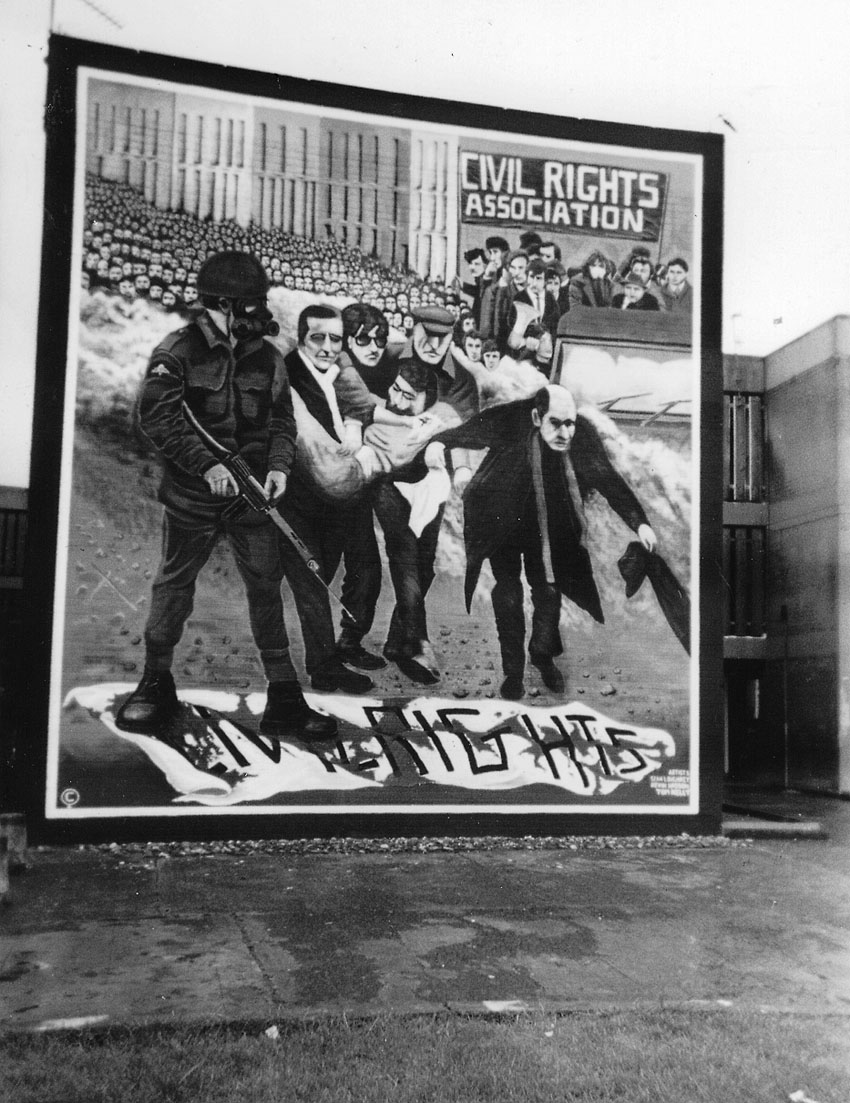
FIVE judges of the UK’s Investigatory Powers Tribunal have given a divided ruling over a secret MI5 policy allowing security service agents to commit serious crimes on UK soil. The judges decided 3-2 that MI5’s policy was lawful. The claimants in the case confirmed they would immediately seek permission to challenge the ruling at the Court of Appeal.
In its 20-year history, the IPT has made almost two thousand decisions, but this is the first case in which it has ever published a dissenting opinion, with one judge warning that the government’s claimed basis for the policy amounts to a ‘dangerous precedent’, and another noting the court had been asked to accept ‘fanciful’ and ‘extraordinary’ propositions.
The judgment was handed down today in the so-called ‘Third Direction’ case – brought against the government by four NGOs: Reprieve, the Pat Finucane Centre, Privacy International and the Committee on the Administration of Justice, who argued that the policy had no legal basis and risked government involvement in severe rights abuses.
The dissenting judgements found that there is no basis in law for MI5’s authorisation of participation in crime, and that therefore the policy is unlawful. One of the dissenting judges’ opinions stated: ‘Can (the government’s claims) possibly be correct? Where does it end? What other powers does MI5 have as a result of the section of the 1989 Act in question?’
Ilia Siatitsa, Legal Officer, Privacy International, said: ‘Today, the Investigatory Powers Tribunal decided that MI5 can secretly give informants permission to commit grave crimes in the UK, including violence.
‘But two of its five members produced powerful dissenting opinions, seeking to uphold basic rule of law standards. As one of them put it, it is wrong to “open the door to … powers of which we have no notice or notion, creating uncertainty and a potential for abuse”. We think the bare majority of the IPT got it seriously wrong. We will seek permission to appeal to protect the public from this abusive secretive power.’
It was revealed as part of another hearing at the IPT, in 2018, that MI5 has operated a secret policy permitting involvement in criminality since the early 1990s.
The policy operated without any oversight until 2012, when Prime Minister David Cameron asked the Intelligence Services Commissioner to monitor the policy. However, David Cameron made clear in his instructions to the Commissioner that ‘such oversight would not provide endorsement of the legality of the policy’, strongly implying the lawful basis for the policy remained open to potential challenge.
Cameron wrote the letter in 2012, barely a fortnight before publishing a long-awaited review into the murder of Belfast lawyer Pat Finucane. The human rights lawyer was murdered in 1989 by loyalist paramilitaries, while eating dinner with his family at his Belfast home.
On publishing the review of Finucane’s death, Cameron told Parliament that there had been ‘shocking’ levels of government collusion in his murder.
Police have recently recommended that more than 20 people, including senior officials, should be prosecuted for murder, kidnap, torture and perverting the course of justice following an investigation by Operation Kenova into the handling of agents inside the IRA during Northern Ireland’s Troubles.